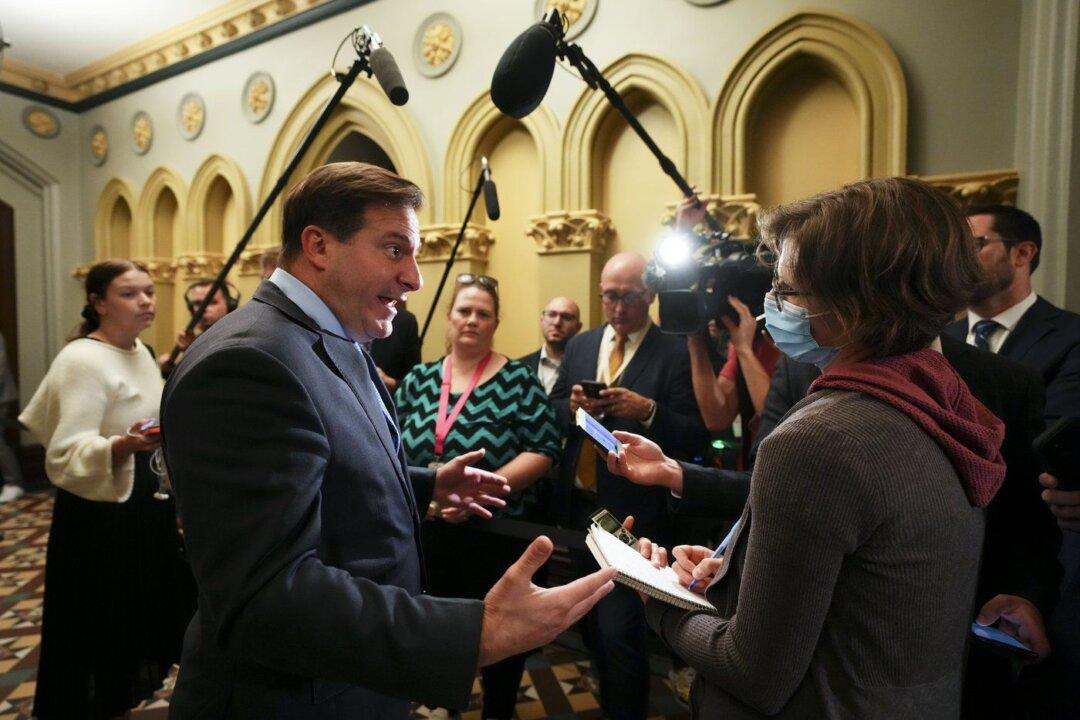A media report last June saying the prime minister was being investigated by the Mounties for his role in the SNC-Lavalin affair drew a flurry of communications between ministers’ offices who sought to coordinate messaging with the RCMP.
An RCMP account of the coordination obtained by The Epoch Times was published in an Inquiry of Ministry tabled by the government on Sept. 18, in response to questions from Conservative MP Jeremy Patzer who asked for the RCMP’s response to the news and whether the force had received pressure from the government.





